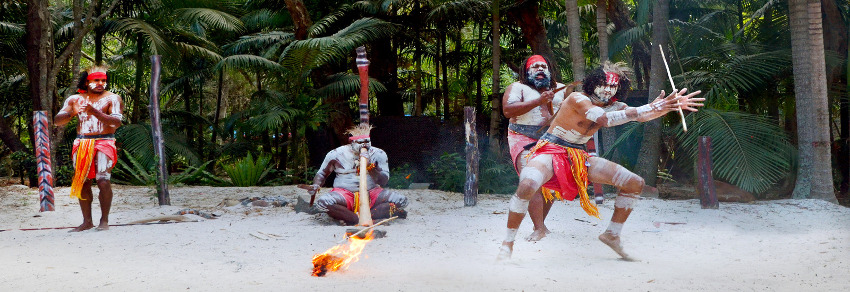“The concept of culture is indispensable to understand the dynamics of the groups, organizations and institutions of a society”
Ángel Aguirre, full academician of the Royal European Academy of Doctors-Barcelona 1914 (RAED), leads the third edition of the “Diccionario Temático de Antropología Cultural” (Thematic Dictionary of Cultural Anthropology), in which the 40 authors open a dialogue on the concept of culture and a selection of 90 key themes of cultural anthropology. The work is based on historical themes (evolutionism, diffusionism, functionalism, culture and personality, structuralism and postmodern anthropology) to frame the various approaches that anthropology has had, but also affects philosophical and theological anthropologies.
Many of the themes in the dictionary refer to cultural identity (ethnicity, ethnocentrism, ethnopsychology, ethnopsychiatry, inculturation, indigenism, imaginary, intercultural, acculturation, cultural identity, person, castitism, ideology, racism). Ethnographic and ethnological processes (ethnography, audiovisual ethnography, ethnology, ethnomusicology, folklore, oral, cultural relativism) also receive special attention.

Dr. Ángel Aguirre Baztán
Aguirre also emphasizes aspects that revolve around religion (beliefs, feast, magic, messianism, myth, religion, civil religion, popular religiosity, rite, sacrificial, sacred, profane, symbol, superstition, sect ) and around kinship (endogamy and exogamy, family, incest, kinship, patriarchy and matriarchy). “Not to be exhaustive, we can’t fail to mention the excellent contributions on food, witchcraft, hermeneutics, museum, utopia, counterculture, space, globalization, leisure and a long etcetera”, he adds.
“This Dictionary goes beyond the usual interest of the group of students of anthropology, since the concept of culture and its derivatives are essential conceptual tools to understand the dynamics of groups, organizations and institutions of a society -says the academician-. From this cultural perspective, the work doesn’t want to be an introductory manual to Anthropology, but an invitation to reflect on culture and a set of fundamental concepts linked to it”.



